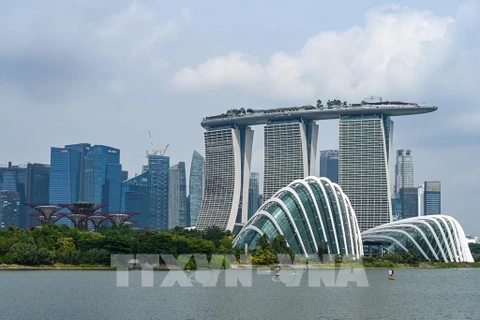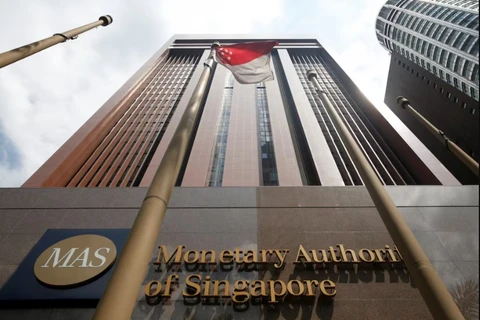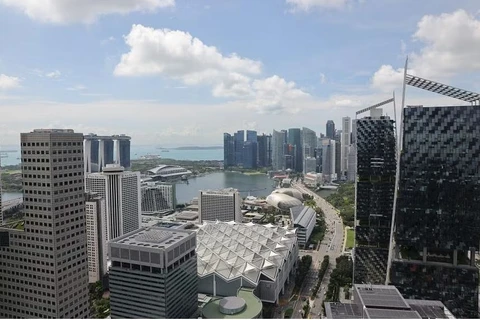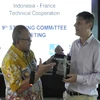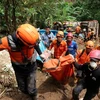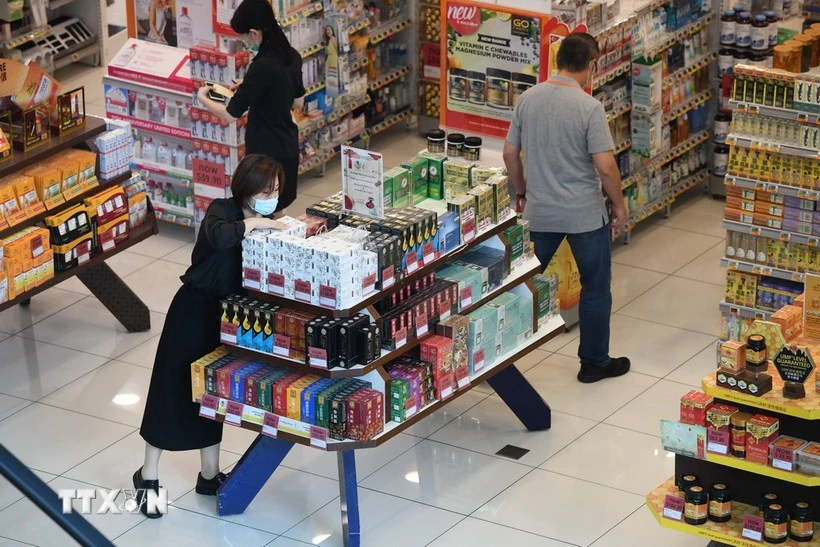
Hanoi (VNA) – The International Monetary Fund (IMF) predicted that the recovery in manufacturing, tourism and consumer-facing services will create momentum for Singapore’s economy to grow by 2.1% in 2024, a pickup from 1.1% last year.
An IMF team led by Masahiro Nozaki gave the forecast after conducting discussions with representatives of Singapore during May 7-16.
The team projected this city state's headline and core inflation will moderate to 3% this year, with the latter expected to stabilise at around 2% by 2025.
According to Nozaki, inflation in Singapore tends to persist due to uncertainties in global energy and food prices as well as rising labour costs. He called on the country to maintain a tight monetary policy until inflationary pressure eases, and to adjust the policy in a timely manner to stabilise prices once there are firm signs of disinflation.
The expert also noted the support programme that the Singaporean Government is providing for vulnerable households and firms is appropriate and will complement the tight monetary policy stance.
The IMF team believes that with strong public finance and the balanced budget rule, Singapore can address future risks and medium- and long-run spending needs arising from the rapidly ageing population, demand for higher productivity and climate-change risks./.
